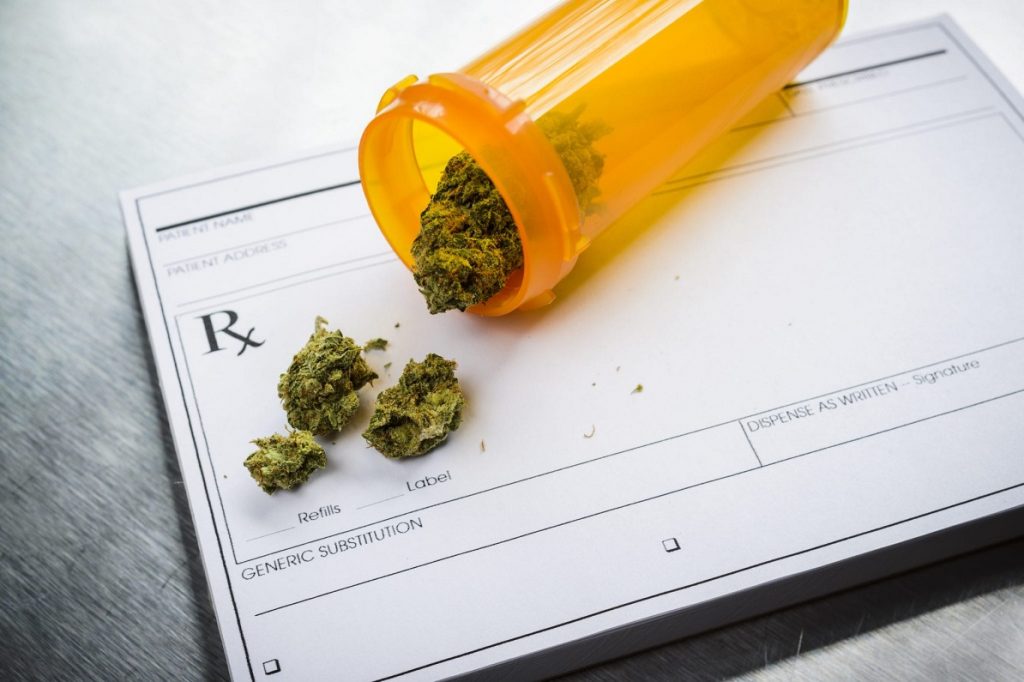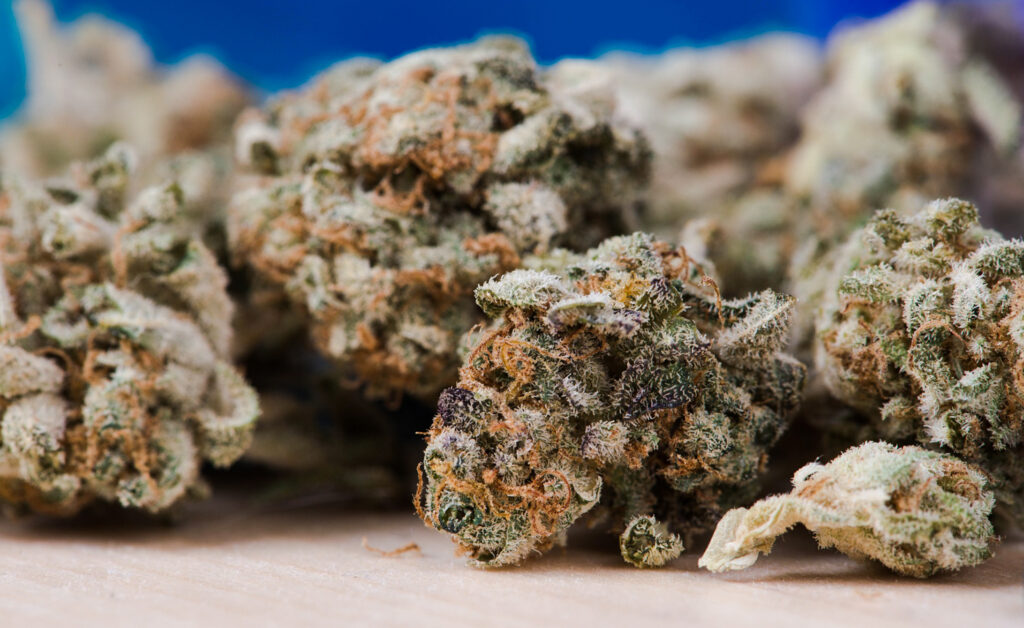Medical marijuana patients in Ohio will no longer be stymied by frustrating limits on the amount of cannabis they can receive, thanks to new rules ushered in this week by the state’s board of pharmacy.
Patients in the state are restricted to a 90-day supply, which under the new rules that take effect on Friday, “is now divided into two 45-day fill periods based upon the patient’s current, active recommendation.”
“The first fill period consists of days 1-45 of the recommendation and the second fill period consists of days 46-90 of the recommendation,” state regulators said in announcing the guidance.
The regulators continued: “In each 45-day fill period, a patient may purchase up to a 45-day supply of medical marijuana, regardless of when purchases are made within the 45-day fill period. For example, if a patient comes in on Day 25 who has not purchased any product during the fill period, that patient may purchase up to a 45-day supply of medical marijuana.” Should the patient purchase a 45-day supply in the fill period, “the patient must wait until the next 45-day fill period to purchase additional medical marijuana.”
The Reason For Rewriting The Rules
The board of pharmacy said the new rules are “intended to provide a simpler way for patients, caregivers, and dispensaries to calculate days’ supply”; the Cincinnati Enquirer explained that it came as a response to a recurring problem that patients have faced since the new medical marijuana program took effect.
“Soon after Ohio medical marijuana sales began last year, patients noticed days on which they didn’t buy any product were subtracted from their 90-day total,” the Enquirer reported. “So if a patient made his first purchase on day 30 of their recommendation, he could only buy 60 days worth of marijuana products.”
Like many other states, Ohio has taken measures to continue making medical cannabis accessible for patients during the coronavirus pandemic. Earlier this month, the state’s board of pharmacy adopted a resolution permitting dispensaries to curbside pickup of products.





